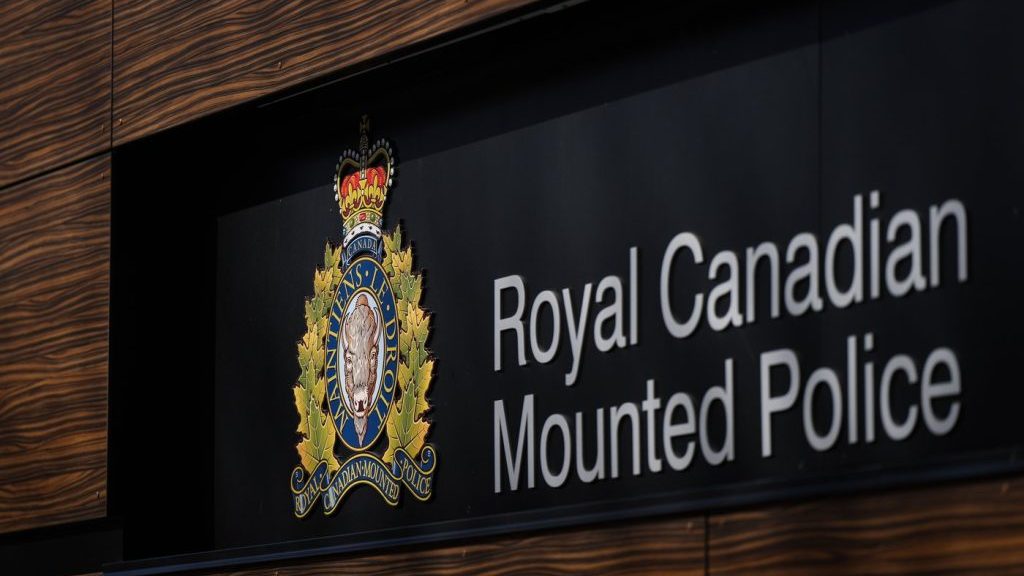Nova Scotia SPCA launches new Dartmouth college for veterinary staff
Posted Dec 19, 2021 05:59:31 PM.
The Nova Scotia SPCA has opened a new Dartmouth college to train veterinary staff and potentially alleviate staffing shortages in the industry.
Marni Tuttle, a spokeswoman for the SPCA, said the idea came from the not-for-profit society's goal of finding ways it can support animal welfare in the community.
“When we opened our own hospital and hired 15 registered veterinary technicians, we realized they were at a premium,” she tells CityNews Halifax. “They're very difficult to hire at this time and we wanted to see how we could help.”
The Nova Scotia SPCA College of Animal Welfare launched its veterinary assistant program this past September with a small class that currently sits at 10 students.
The one-year veterinary assistant program offers opportunities such as learning about customer service, becoming an animal care attendant, business administration and how to handle animals.
“They'll be graduating in August and we've done it as a pathway to employment,” Tuttle said. “So, the students who signed on for this program with us were guaranteed a job with the SPCA at the end of the program.”
In September 2022, the college will launch a two-year registered veterinary technician program. Graduates from this program will work for the SPCA in hospitals and shelters as well as for local veterinarians.
Veterinary technicians are a similar role to nurses; they help with surgery, emergency care, triage patients and perform dental care.
The director of that program, Dr. Michael West, previously worked at the Atlantic Veterinary College in Prince Edward Island.
When the veterinary technician program launches, Tuttle said it'll be unique to the Halifax area. In the region, there are currently only programs at Dalhousie University's Agricultural Campus in Truro and at Moncton's Oulton College.
She said the Dartmouth college is next door to the SPCA's shelter and it's in the same building as the not-for-profit's hospital, which has been developed to be a teaching hospital.
While many people have added new pets to their households over the past couple of years, she says the SPCA's research indicates there was a need for more veterinary staff even before the COVID-19 pandemic.
On top of hiring more staff to handle the demand, Tuttle said the SPCA wants to focus on attracting more diverse applicants to its college since most of the veterinary assistants and technicians in the industry are white women.
“We're looking at the requirements for applications and looking at people who might not traditionally meet those requirements,” she said. “So, maybe doing a bit more of an interview process and an evaluation process as opposed to ruling people in or out based on a transcript.”
Moreover, the students of the veterinary assistant program's first class all attended on full scholarship so the ability to pay tuition wouldn't prevent some people from enrolling.
Tuttle said securing start-up funding for the college wasn't easy for the SPCA, but the society runs a number of social enterprises and has been in conversation with some corporate donors interested in the program.
“I wouldn't say we're all set; we're always looking for new partners to help make this possible,” Tuttle said. “It's a very expensive program for the students and for us.”
She said anyone interested in helping make the program happen should speak with her or visit the SPCA College of Animal Welfare's website.








